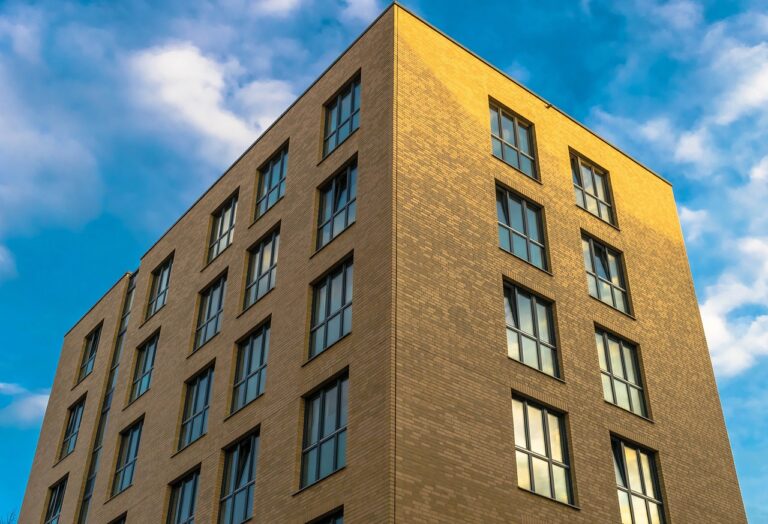Exploring the Benefits of Prefabricated Construction in Affordable Housing: Play exchange 99, Lotus365 login, Playxchange
play exchange 99, lotus365 login, playxchange: Prefabricated construction, also known as modular construction, is gaining popularity in the affordable housing sector for its numerous benefits. This innovative construction method involves building modules off-site in a controlled factory environment and then transporting them to the construction site for assembly. The use of prefabricated construction in affordable housing projects offers a wide range of advantages, from cost savings and reduced construction time to improved quality control and sustainability. In this article, we will explore the benefits of prefabricated construction in affordable housing and how it is revolutionizing the way we build homes.
Cost Savings
One of the primary benefits of prefabricated construction in affordable housing is cost savings. Prefabricated construction can significantly reduce construction costs by streamlining the production process, minimizing material waste, and cutting down on labor expenses. Since the modules are built in a factory setting, construction crews can work more efficiently and avoid weather delays, resulting in lower overall construction costs. Additionally, prefabricated construction allows for bulk purchasing of materials and components, further driving down costs. These cost savings translate into more affordable housing options for low-income individuals and families.
Faster Construction Time
Prefabricated construction also offers the advantage of faster construction time compared to traditional building methods. Since the modules are pre-fabricated off-site, the construction process can proceed concurrently with site preparation work. This means that affordable housing projects using prefabricated construction can be completed in a fraction of the time it takes to build a home using traditional methods. The shorter construction time not only reduces overall project costs but also allows low-income individuals and families to move into their new homes sooner.
Improved Quality Control
Another benefit of prefabricated construction in affordable housing is improved quality control. The modules are built in a factory setting where skilled workers can closely monitor the construction process and ensure that high-quality standards are met. This controlled environment minimizes the risk of human error and helps to maintain consistency and precision in the construction of each module. Additionally, prefabricated construction allows for rigorous quality testing before the modules are transported to the construction site, further ensuring that the final product meets all safety and quality standards.
Sustainability
Prefabricated construction is also a more sustainable building method compared to traditional construction. The controlled factory environment allows for better management of resources and materials, reducing waste and minimizing the environmental impact of the construction process. Additionally, prefabricated construction often incorporates energy-efficient design elements and sustainable building practices, making affordable housing projects more environmentally friendly. By choosing prefabricated construction for affordable housing, developers can contribute to a more sustainable future while providing much-needed housing options for low-income individuals and families.
Scalability
Prefabricated construction offers scalability, making it an ideal solution for large-scale affordable housing projects. Developers can easily replicate the design and production of modules to create multiple housing units quickly and efficiently. This scalability allows for the rapid construction of affordable housing developments, helping to address the growing demand for affordable housing in urban areas. By utilizing prefabricated construction, developers can build more housing units in a shorter amount of time, providing more low-income individuals and families with access to safe and affordable housing.
Innovation and Customization
Prefabricated construction allows for innovation and customization in affordable housing design. Developers can work with designers and architects to create unique and modern housing solutions that meet the needs and preferences of low-income residents. The modular nature of prefabricated construction allows for flexibility in design, making it easy to incorporate features such as energy-efficient systems, sustainable materials, and smart home technology. By embracing innovation and customization, developers can create affordable housing that not only meets basic housing needs but also enhances the quality of life for residents.
In conclusion, prefabricated construction offers a multitude of benefits for affordable housing projects, from cost savings and faster construction time to improved quality control and sustainability. By utilizing this innovative building method, developers can create safe, affordable, and high-quality housing options for low-income individuals and families. Prefabricated construction is revolutionizing the affordable housing sector, providing a scalable, sustainable, and customizable solution to address the growing demand for affordable housing in urban areas. As we continue to explore new ways to build homes, prefabricated construction stands out as a promising solution for creating a more inclusive and equitable housing market.
FAQs
Q: Are prefabricated homes less durable than traditionally built homes?
A: No, prefabricated homes are built to the same building codes and standards as traditionally built homes, ensuring durability and structural integrity.
Q: Are prefabricated homes customizable?
A: Yes, prefabricated homes can be customized to meet the specific design and functionality requirements of the homeowner, offering a wide range of design options and features.
Q: Are prefabricated homes more energy-efficient?
A: Yes, prefabricated homes often incorporate energy-efficient design elements and sustainable building practices, making them more environmentally friendly and cost-effective to operate.
Q: Are prefabricated homes more affordable?
A: Yes, prefabricated homes can be more affordable than traditionally built homes due to cost savings from streamlined production processes and reduced construction time.







